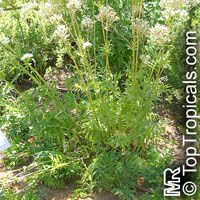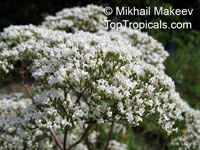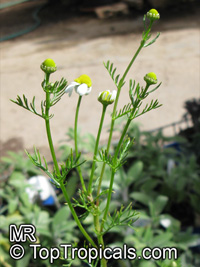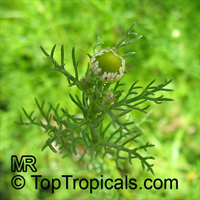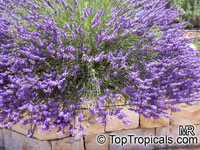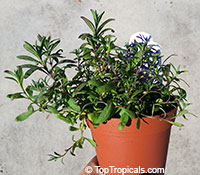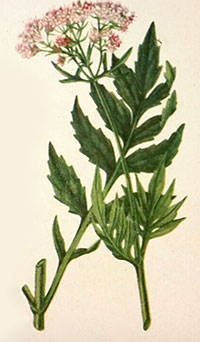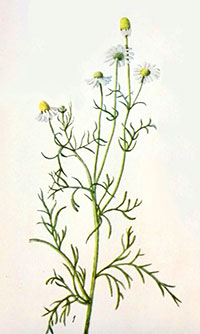healing power of herbs
The Most Effective Herbs To Help You Sleep
By Marilyn Reid
About the author. Marilyn Reid is a successful business owner and natural health enthusiast. Her website Tarunaoils.org is dedicated to providing tips, ideas, and recipes for use with essential oils and aromatherapy.
Tick-tock, tick-tock. Nothing is worse than the feeling of lying awake, unable to sleep as the numbers on the clock edge closer and closer to morning. Perhaps like many others, you toss and turn with your mind racing, playing the events of the day over and over again. Maybe you fall asleep easily, but wake up shortly after and can't get back to sleep for the rest of the night.
If this sounds familiar, you are not alone. It is estimated that 10% of the population suffers from chronic insomnia [1]. Every night, millions of people lie awake, staring at the ceiling, willing sleep to come. Many of these people turn to prescription sleeping pills, thinking that they are the answer. However, these commonly prescribed sleep aids are not without their problems. For one thing, they tend to be habit forming, which means it may be difficult to stop taking them. Additionally, they come with a host of side effects ranging from increased appetite and weight gain to drowsiness, memory problems and stomach pain.
Fortunately, there are natural alternatives to prescription sleeping pills that are just as effective but are far gentler on the body. The following section takes a closer look at some of the best herbs to help you sleep.
Valerian Root Valerian (Valeriana officinalis) is a tall, flowering plant that is better known for its roots than for its flowers. Used for centuries to promote sleep, the roots of the plant are dried out, ground up or crushed into a powder and taken by mouth as an herbal supplement. You can find valerian root in a number of different forms, ranging from capsules to herbal tea. Studies have shown that this time-honored herb is effective at helping people fall asleep more quickly while at the same time reducing the number of times that they wake up during the night. Some people experience vivid dreams or daytime drowsiness after taking valerian. (Note from TopTropicals.com: Our cats LOVE Valerian root more than catnip! They get crazy over that tea smell. Looks like they get a little high after a few bites of the dry root... They act funny, and happy! The Wise cats must know the secret of this good herb) Chamomile Chamomile (Matricaria chamomilla) is one of the best-known herbs for treating insomnia. This plant's daisy-like flowers are used to create teas, capsules, tablets, creams and salves. Used since ancient times to treat a variety of different conditions, this mild herb acts as a gentle sleep aid, calming the mind and making it easier to sleep. Today, most people take chamomile as a tea before bed. However, if you prefer, you can take it in pill form and get the same effect. There is one important warning that goes along with this herb. If you are allergic to ragweed or other plants in the daisy family, you should not use it. Lavender Known for its beautiful fragrance and tall purple flowers, lavender is a proven sleep aid. Although lavender (Lavandula angustifolia) can be taken internally as a tea, it is most often used as aromatherapy to promote sleep. A few drops of lavender essential oil can be applied to your pillow or sprayed into the air near where you sleep to create a calming environment that makes it easy to relax and fall asleep. Some people also find it beneficial to take a hot, lavender-scented bath before bed to melt away the worries of the day. If you are ready to finally get a good night's sleep, these herbal remedies may be the answer. Just remember that herbs are powerful medicine and should be treated with respect. Always talk to your doctor before trying any herbal remedy to ensure that it won't interact with your medication or negatively impact any health conditions that you may have. References: [1] http://www.sleepeducation.org/news/2014/03/10/insomnia-awareness-day-facts-and-stats |
|
